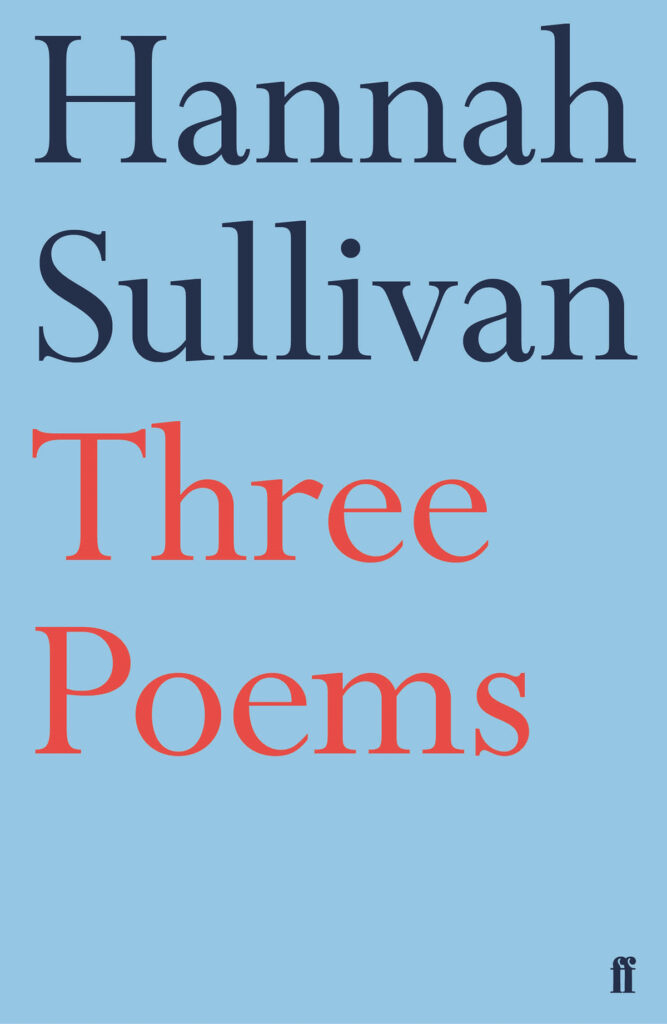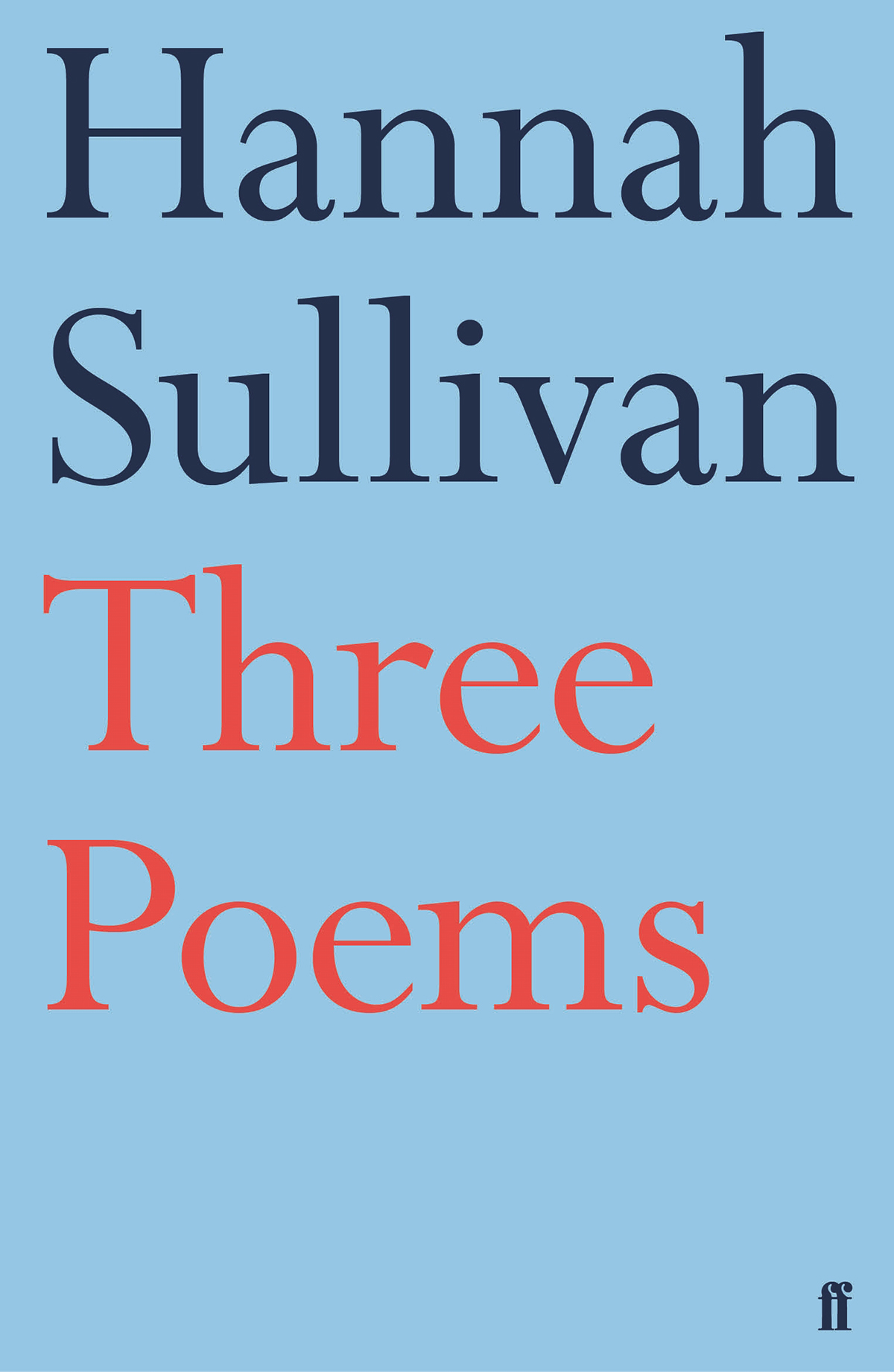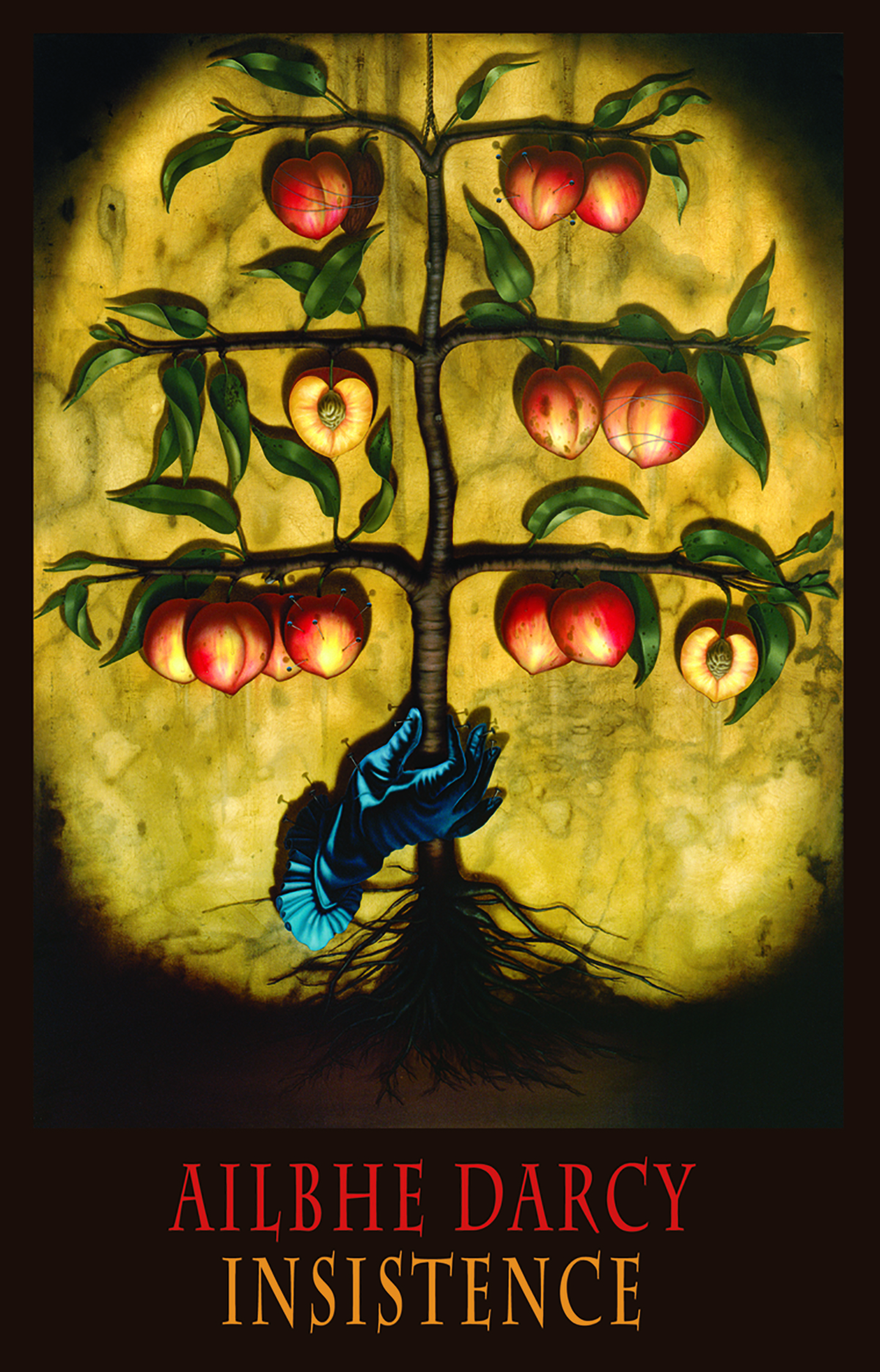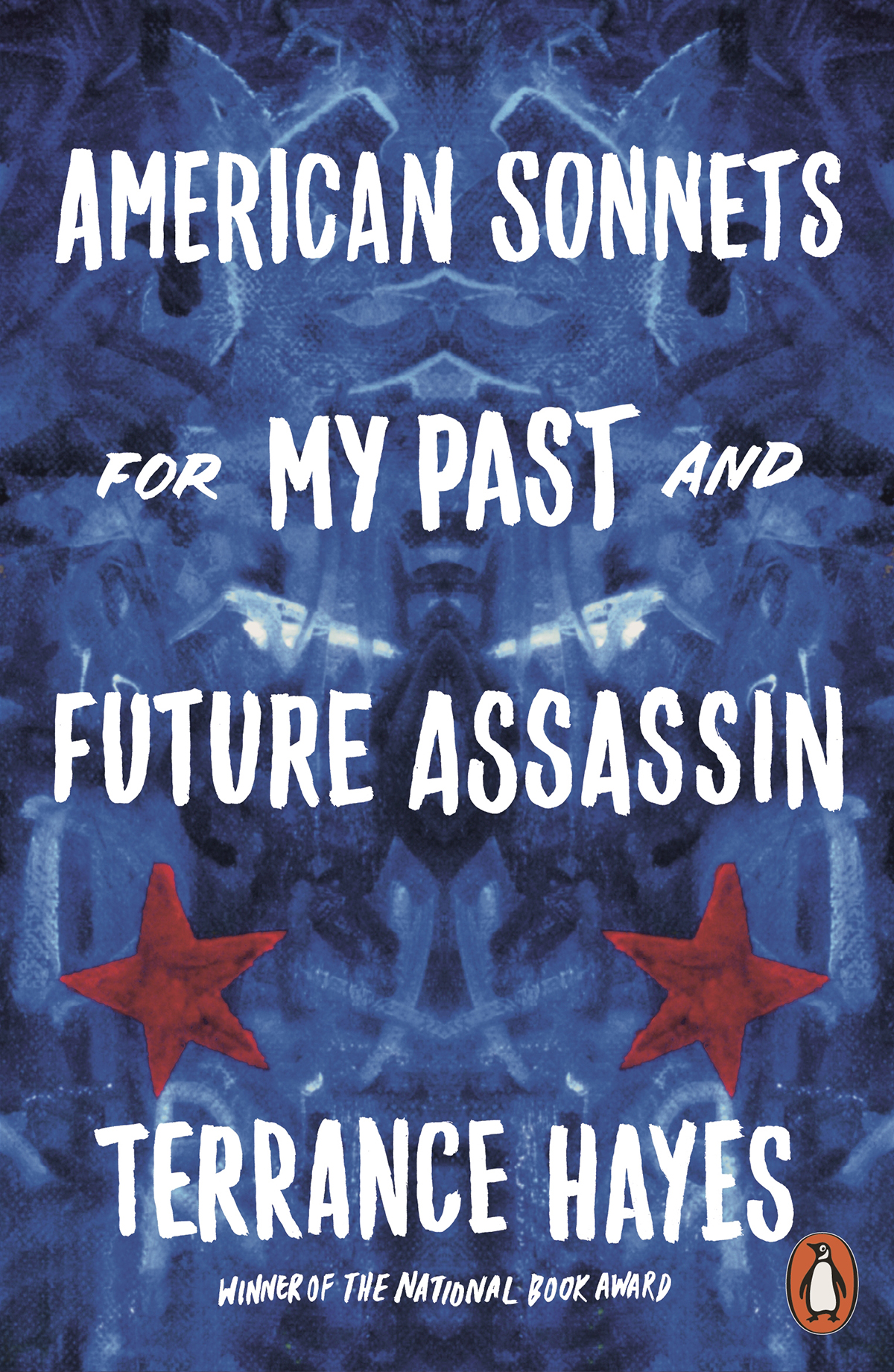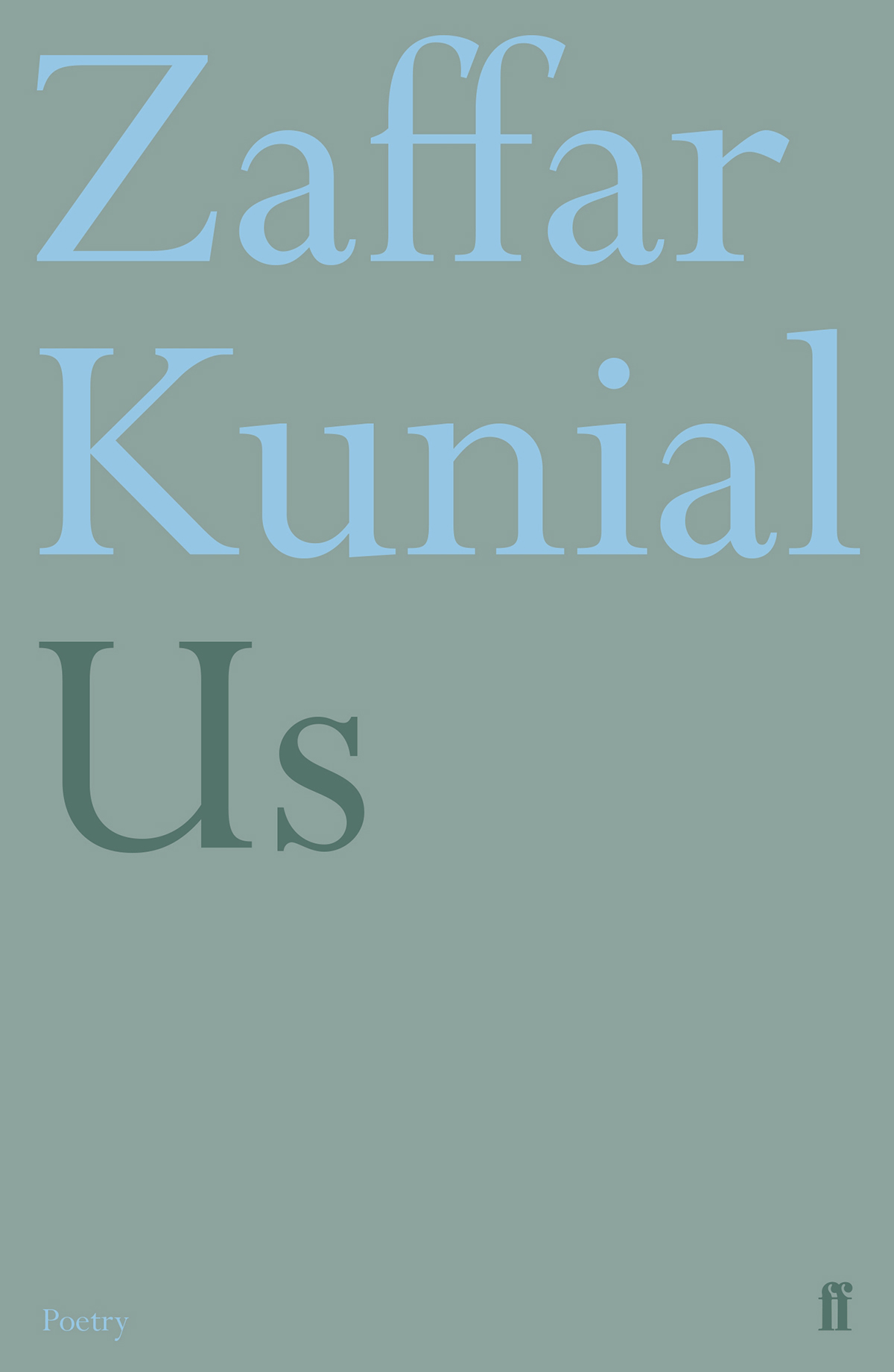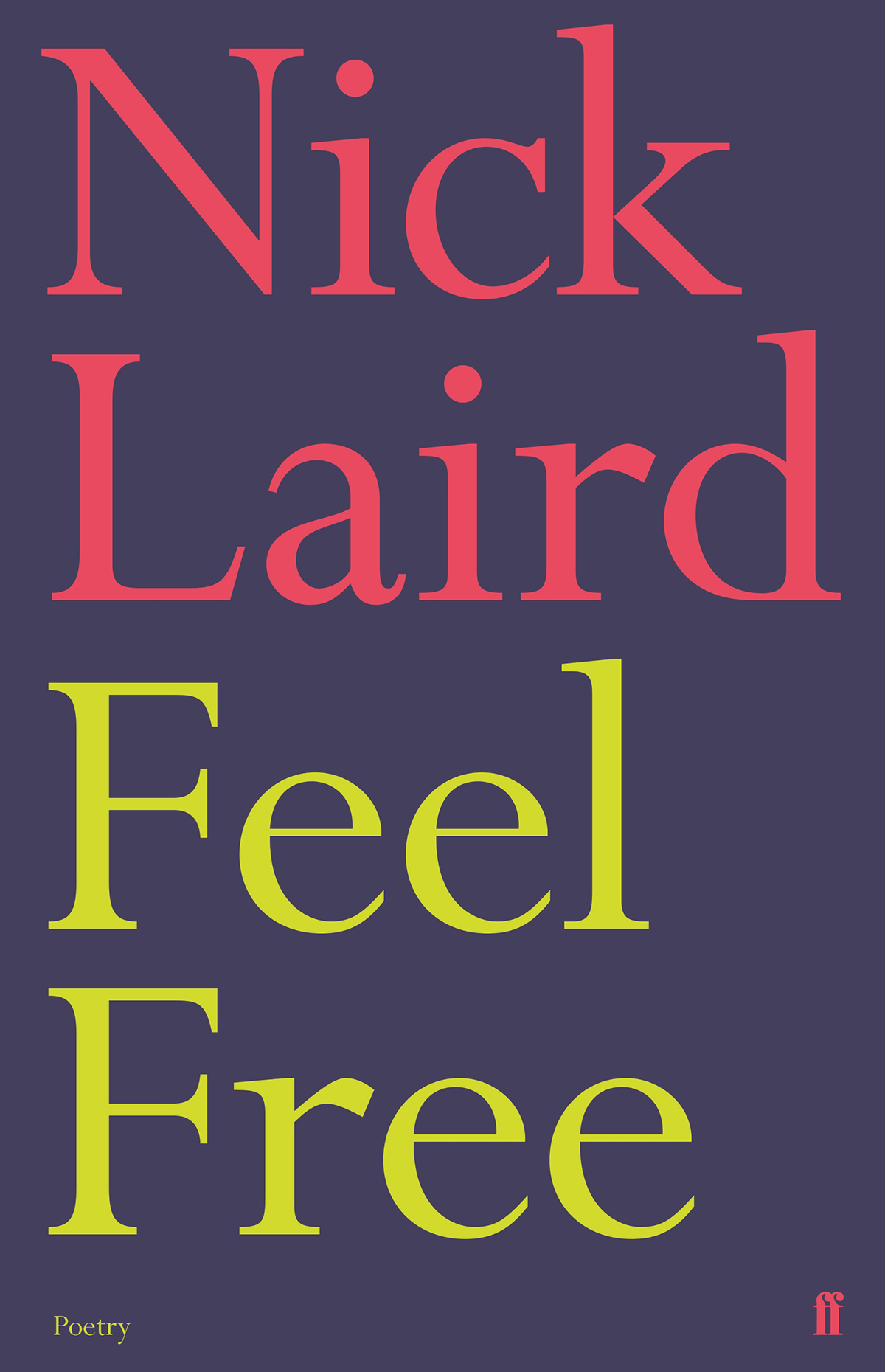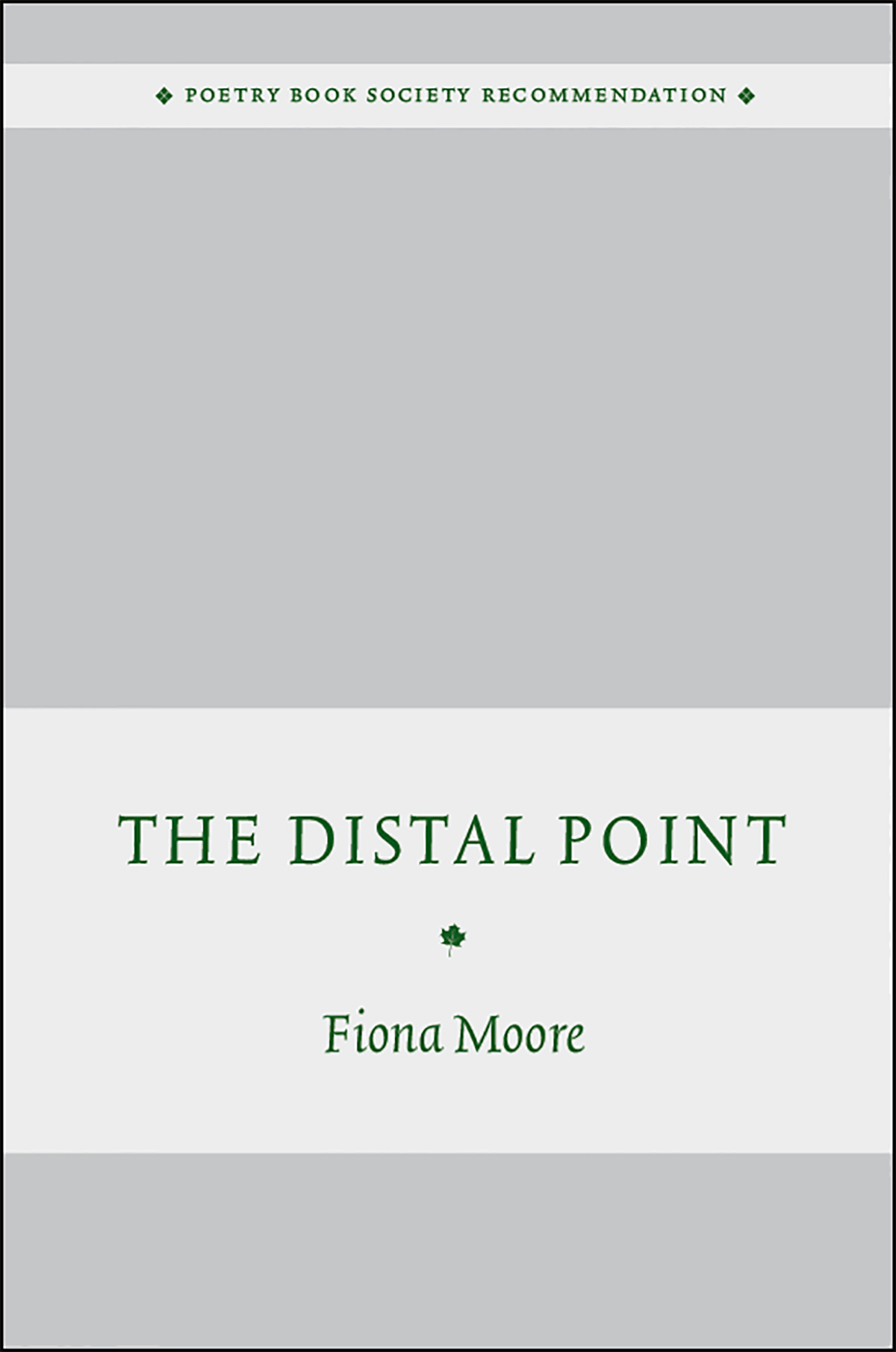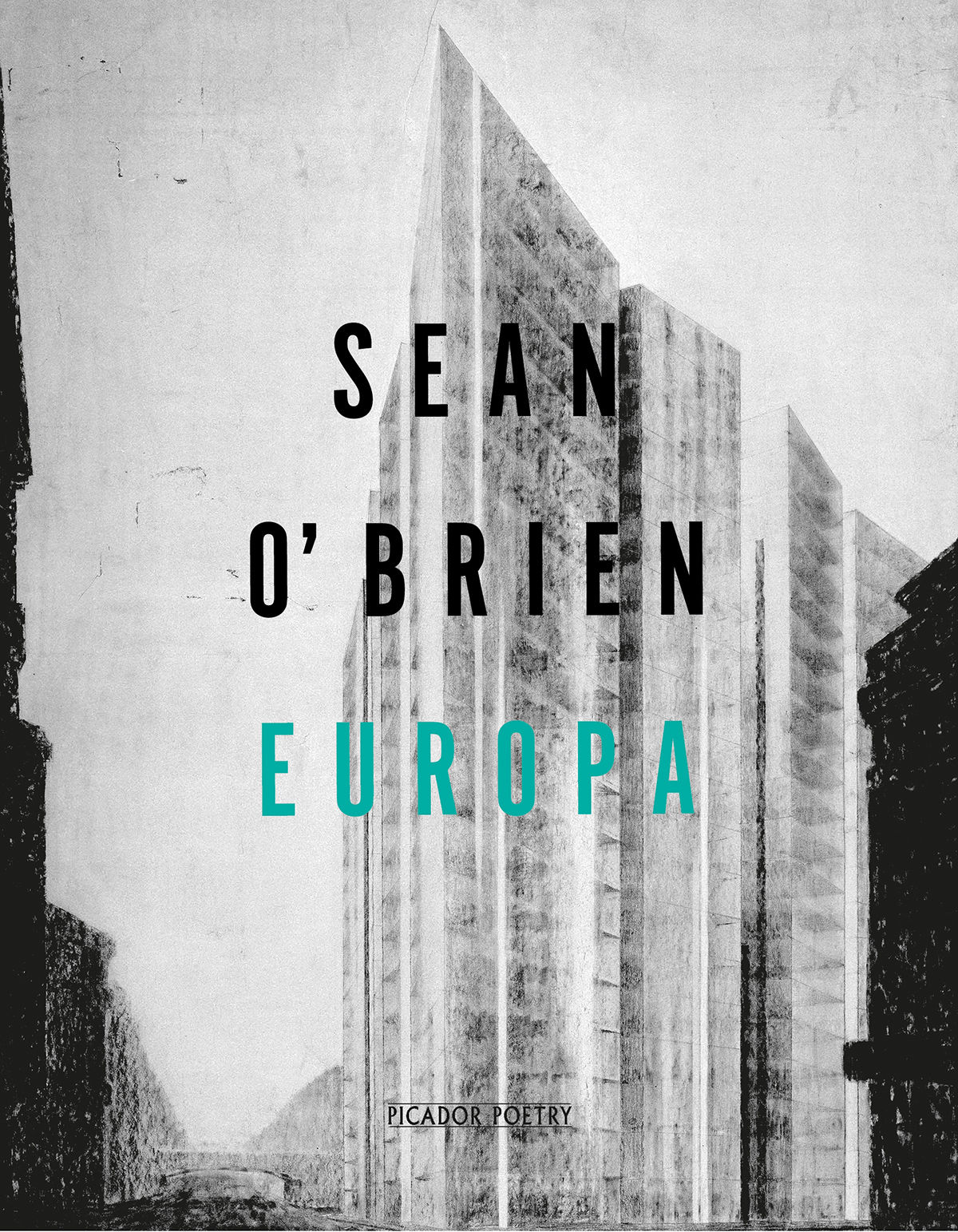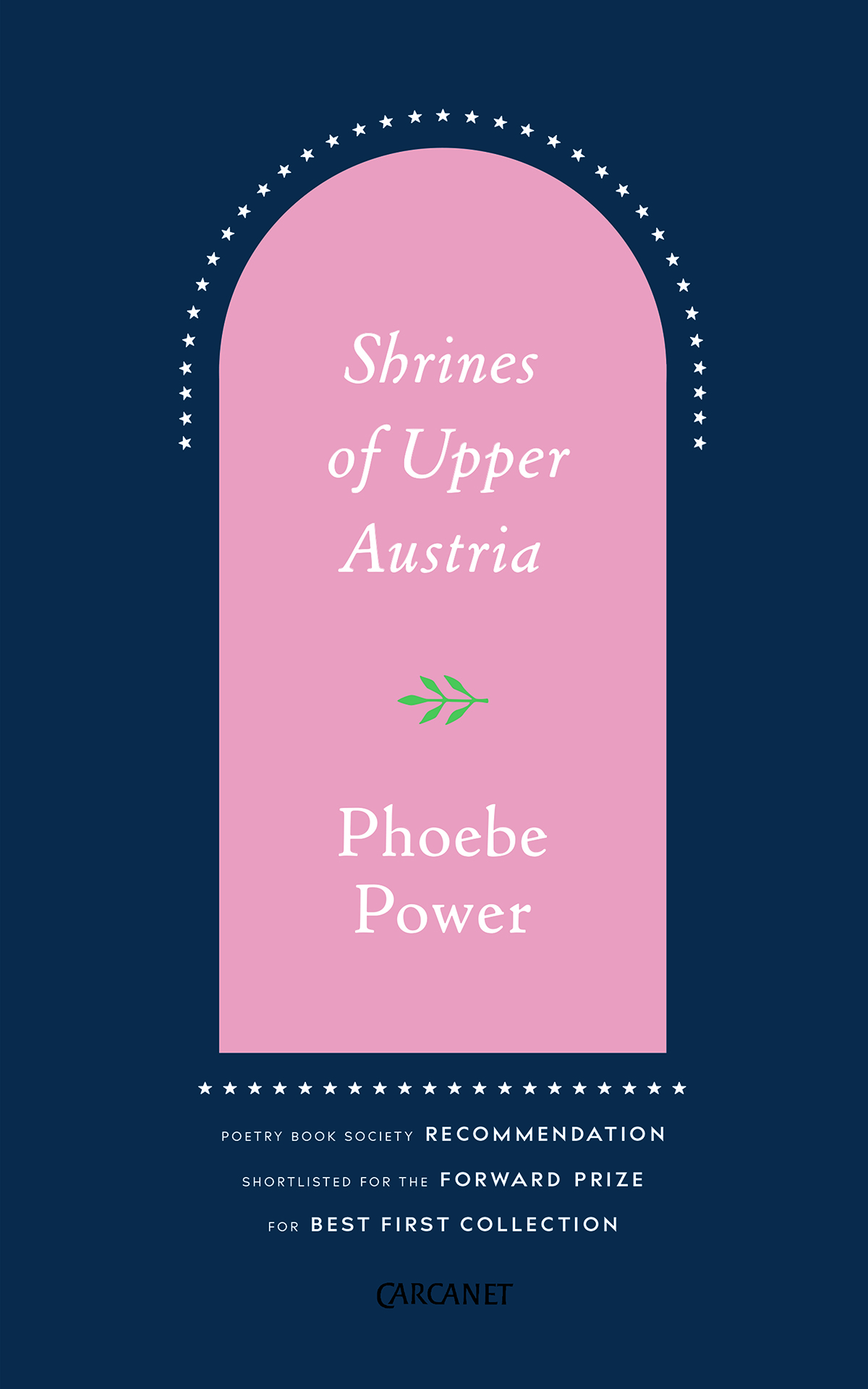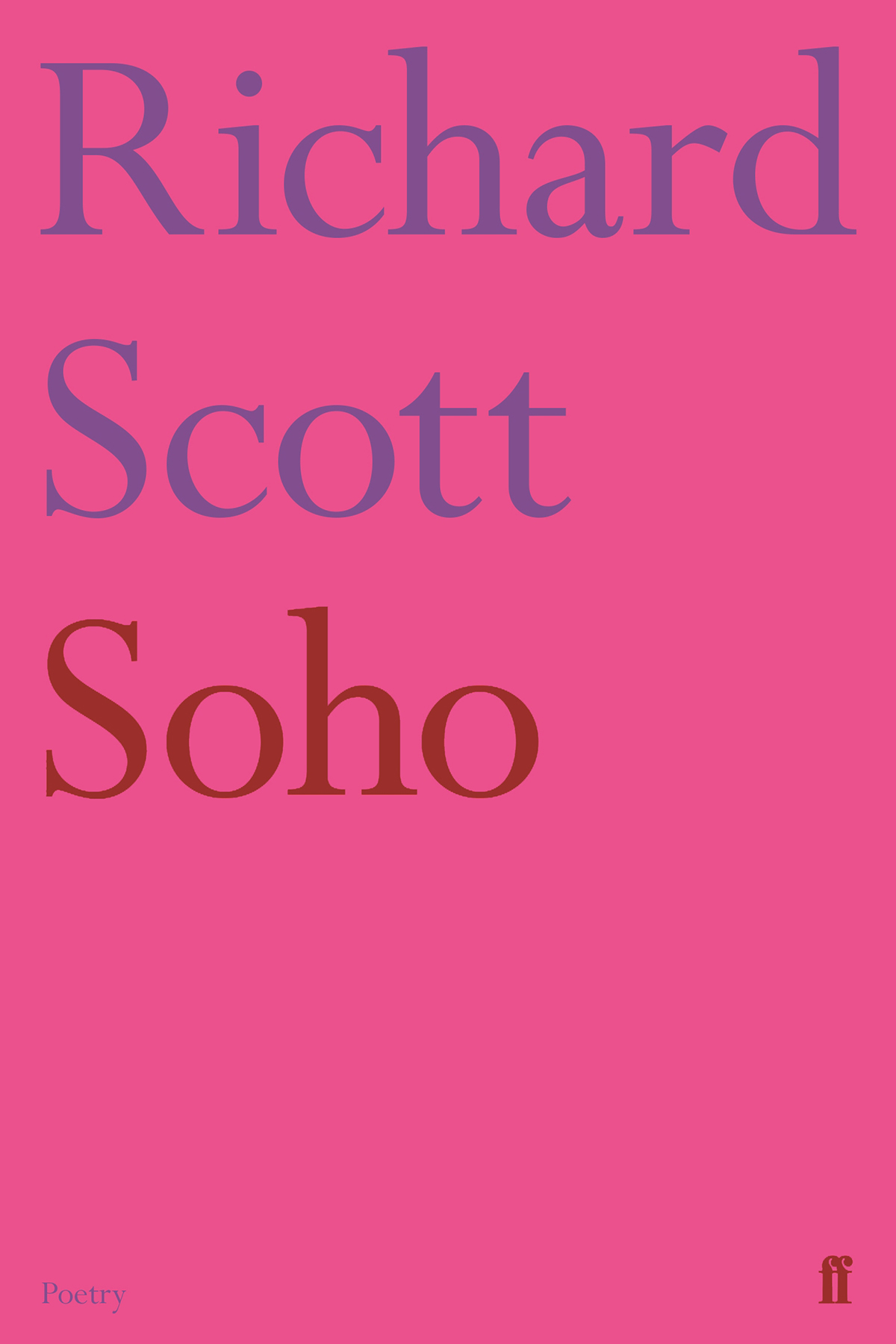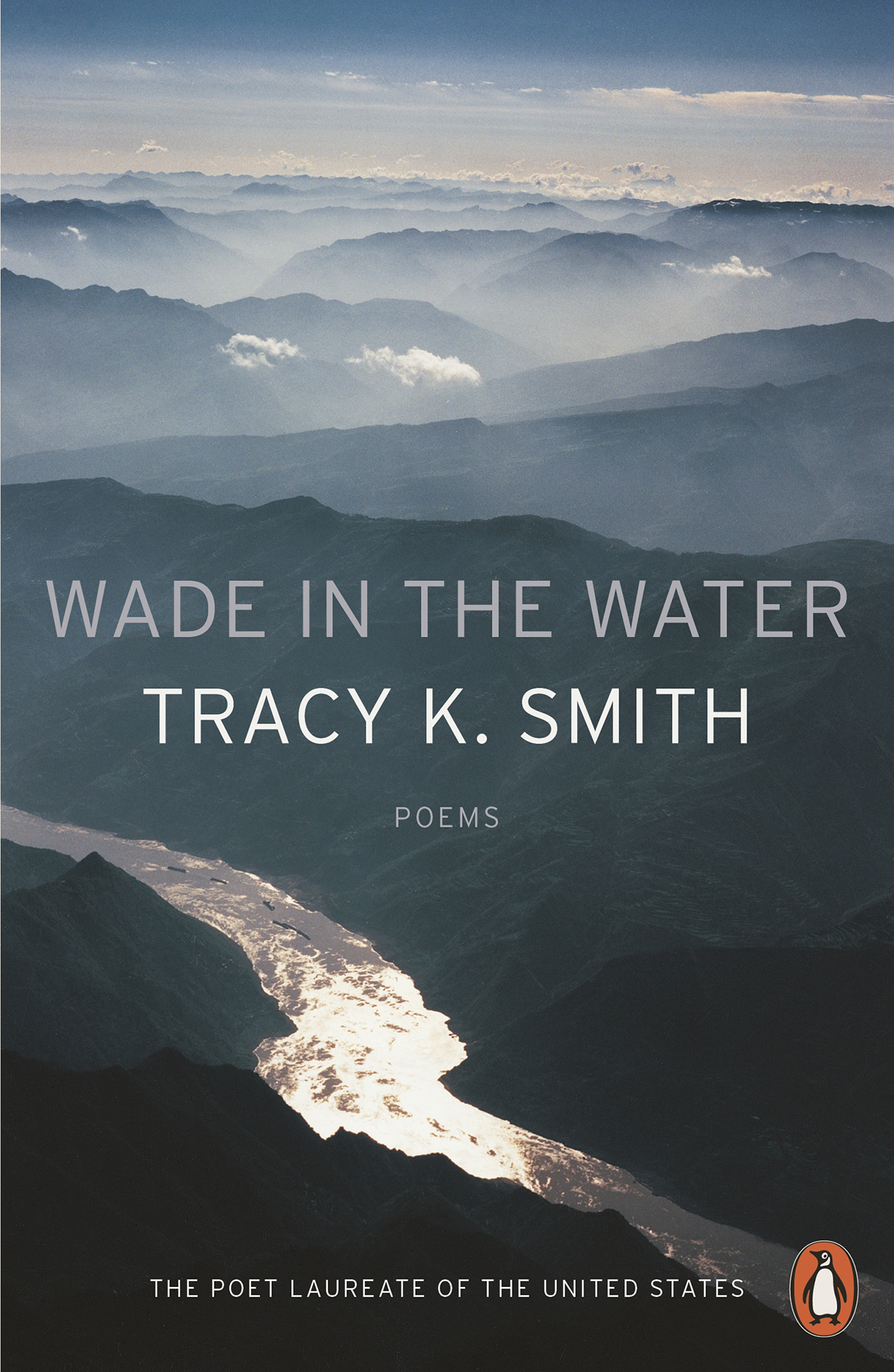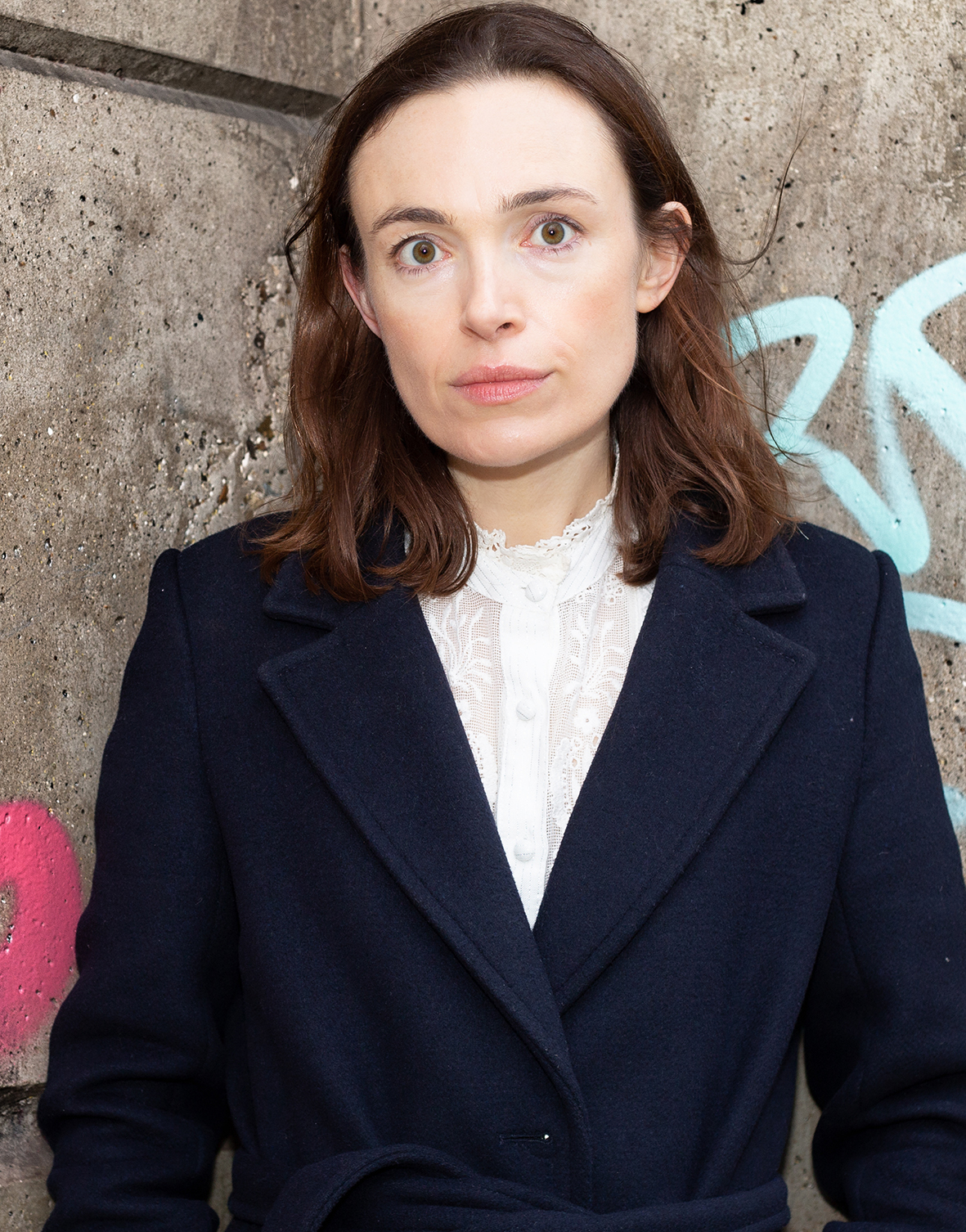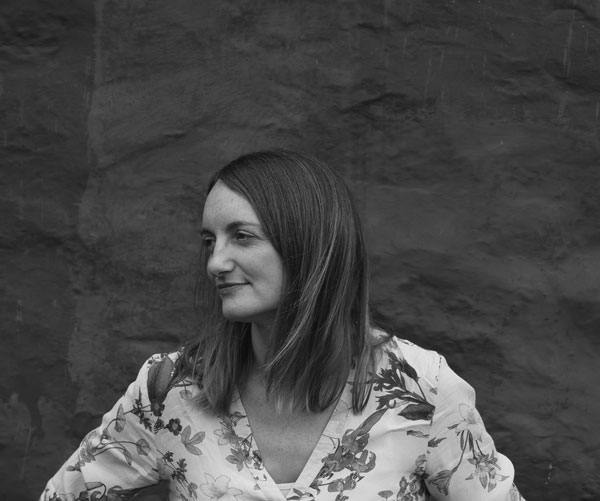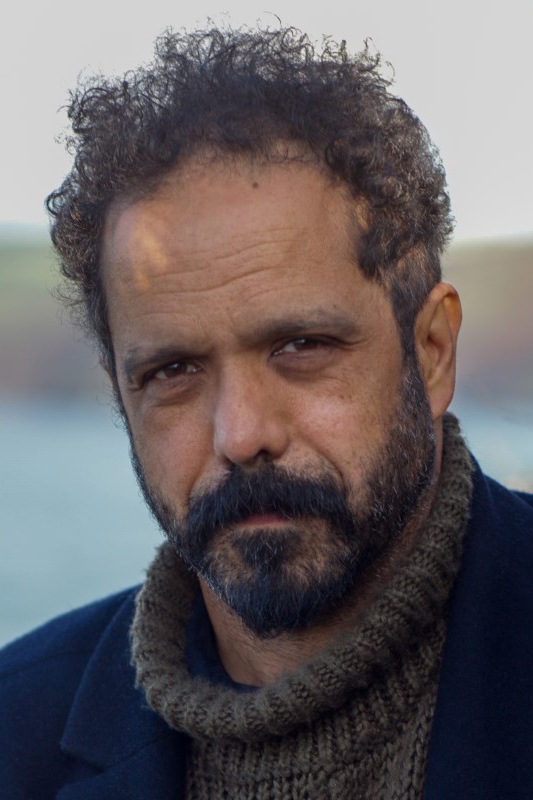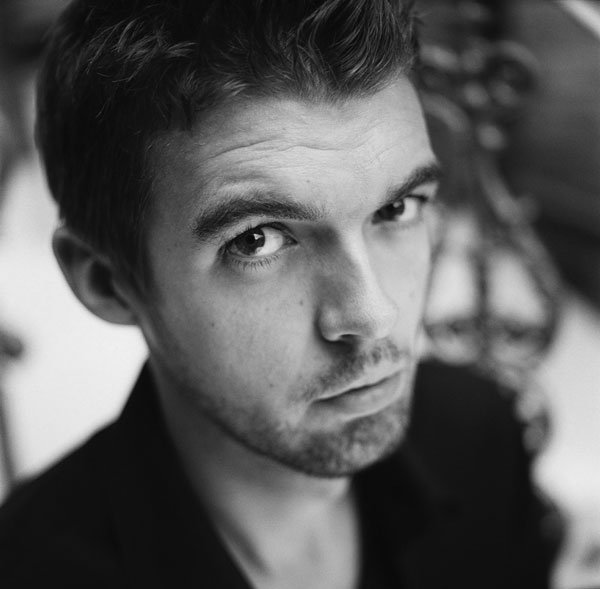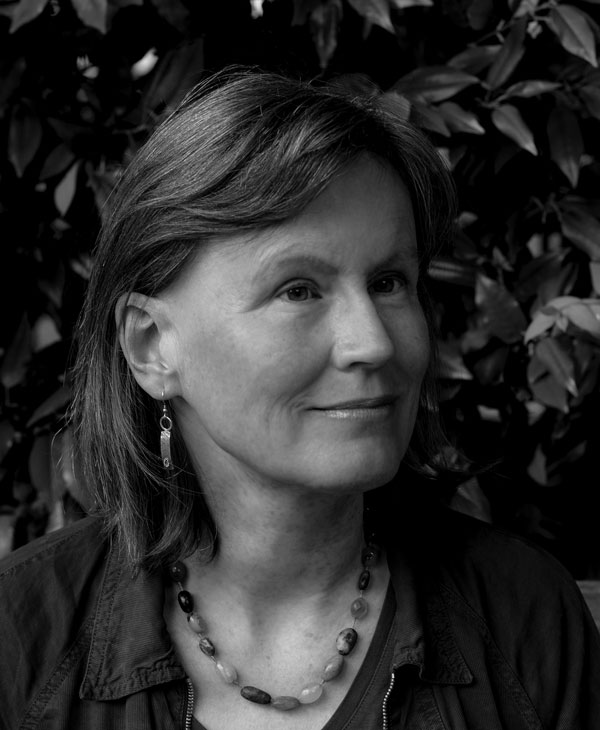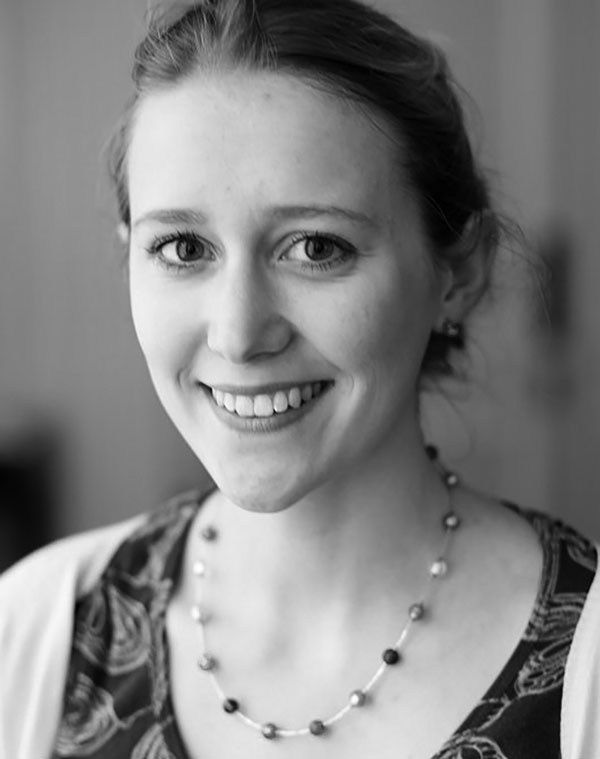T. S. Eliot Prize 2018: the Chair of judges’ speech by Sinéad Morrissey
It has been a great privilege to have judged the T. S. Eliot prize this year. I would like to thank my fellow judges, Daljit Nagra and Clare Pollard, for being part of this journey – ‘and such a long journey’ – from receiving a record 176 poetry collections last summer, to the shortlisting in October, to the magnificent readings last night in the Southbank Centre, right through to this evening. I’d also like to thank Chris Holifield for her guidance along the way, and for making the process as straightforward as possible.
It has been another magnificent year for poetry in these islands. To have been asked to pick only ten books for the shortlist was, in and of itself, inordinately challenging. And to have to pick an overall winner out of those ten, another immensely difficult task.
Ailbhe Darcy’s Insistence is a powerful voicing of life-on-the-edge. In this collection the trauma of early motherhood is twinned with economic decline, as she urgently interrogates ideas of domesticity, natural order and environmental responsibility. Her virtuosic adaptation of Inger Christensen’s Alphabet is a monument to the precariousness of our times.
Terrance Hayes’ American Sonnets for My Past and Future Assassin, a collection of sonnets, all with the same title, considers America’s contemporary moment – its gun violence, racism, and the rise of its current President – through the lens of the sonnet form, which he unforgettably renders ‘part prison, part panic closet, a little room in a house set aflame’.
Us by Zaffar Kunial abounds with poems which are witty, playful and heartbreaking by turns. Drawn to the place where things don’t quite meet, which he describes as ‘a kind of abysmal underneathness/or usness/under the heights of language’, his is a wondrous poetic of loopholes, portals and translations, and of the magic in-between.
In Nick Laird’s exhilarating Feel Free, multiple poetic modes – public and private elegies, love poems, political poems, parables – are each as deftly and surprisingly handled as the next. This is a brilliant and necessary collection, filled with spooky action, both up close and at a distance, and one with which I have indeed felt privileged to interface.
The two key themes of Fiona Moore’s The Distal Point – personal grief and Eastern Europe during the Cold War – are united by their shared emphasis on bewildering terrain, conveyed in careful, understated language. Like the mind that ‘eats its own page into lace’, this collection is as equally, and beautifully, patterned, resonating with lyric grace.
Europa by Sean O’Brien, a dark meditation on the idea of Europe, and of those slaughtered in the name of its individual nationalisms, couldn’t be more apposite, or timely. Ambitious, prophetic and intensely atmospheric, Europa is yet another outstanding collection from one of Anglophone poetry’s most accomplished practitioners.
Phoebe Power’s The Shrines of Upper Austria engages with many themes – global warming, Brexit, the Second World War – with dashing confidence and brio. Strikingly, Power blends German and English, without comment or translation, forging a new language out of shared inheritances, both personal and national, and radically destabilising the notion of borders.
With his electric Soho, Richard Scott has arrived like a lightning bolt in our midst. In poetry that moves so fast we’re left breathless, this is protean, irreverent, urgent work, a dazzling exploration of gay desire, shame, and identity, whose tour-de-force final poem Oh My Soho! excavates a ‘true lineage’ and enacts what it describes: ‘a blueprint of queer hope’.
Wade in the Water by Tracy K. Smith is a work freighted with terrible history – from slavery and the Civil War, to corporate poisoning – whose very angels have teeth ‘ground down almost to nubs’. It is a sustained and luminous reckoning, a work of love as much as of redress, and another essential collection from the USA’s Poet Laureate.
Hannah Sullivan’s Three Poems is another magnificent debut this year, assured, cool, and anthropological in its focus on a life lived via distinct stages and in discreet contexts. The elasticity of her poetic gift – the sheer range of what she can make language do and say – coupled with formal mastery, ensures we’ll be reading this collection for years to come.
The decision of the judges was unanimous. The winner of the T. S. Eliot Prize 2018 is Three Poems by Hannah Sullivan.
